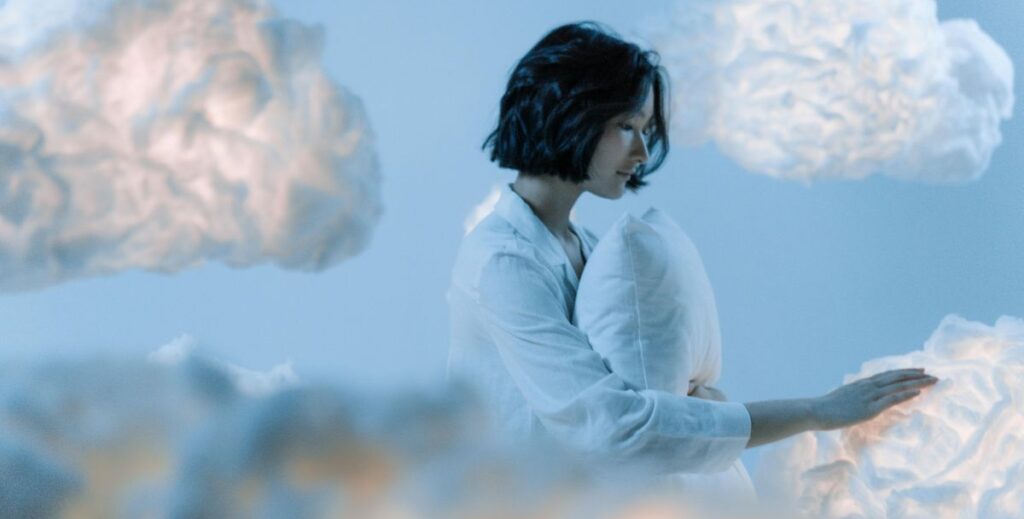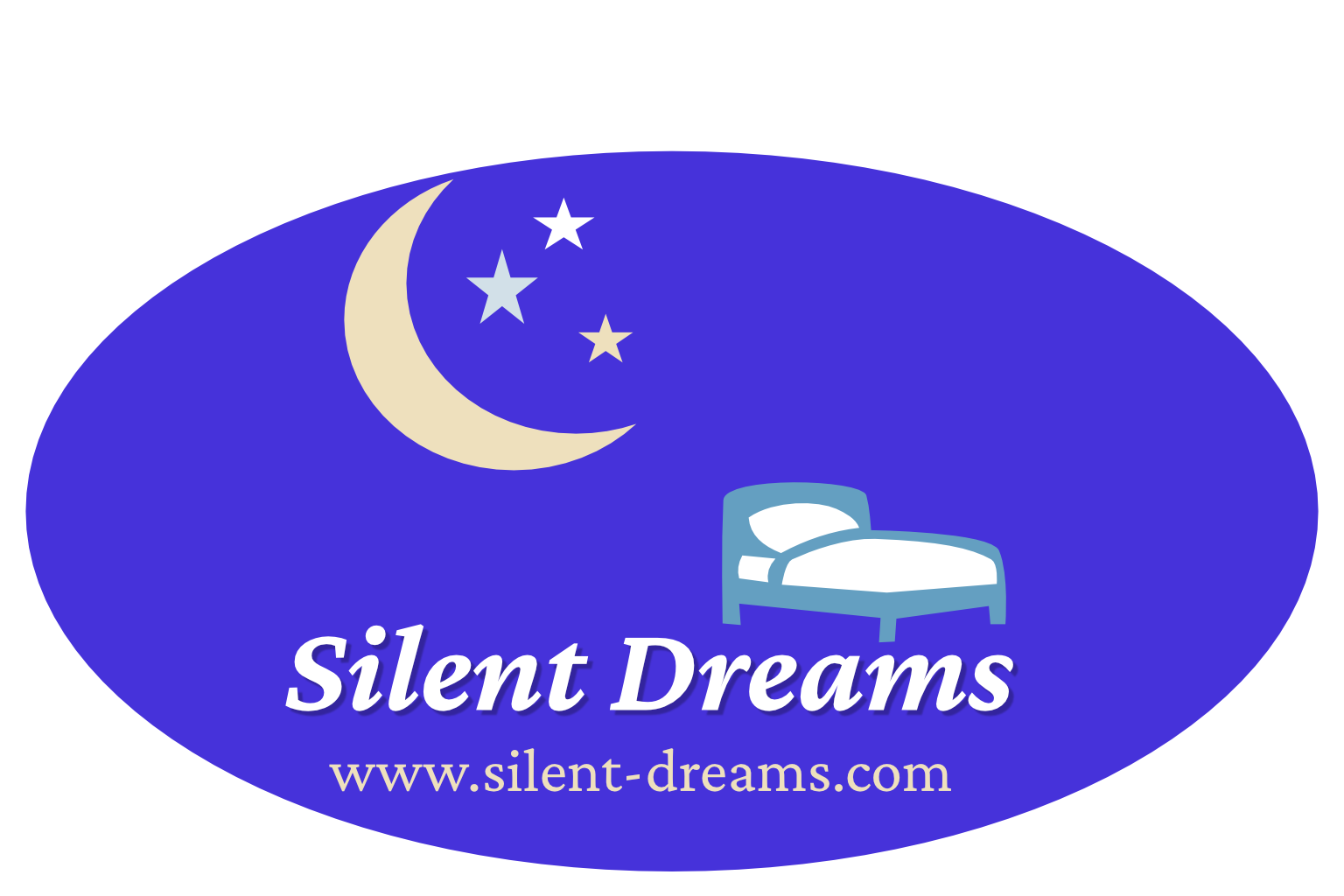Sleep Masks- Do they work?
Does a sleep mask help you sleep?

Do Sleep Masks Really Help You Fall Asleep Faster?
Falling asleep can sometimes feel like the hardest task of the day. You lie down, ready for rest, but your mind keeps churning or the light in the room refuses to let you drift off. This is where many people turn to sleep masks. They look simple—just fabric over your eyes—but for something so small, they can make a surprisingly big difference. Still, a fair question remains: do sleep masks really help you fall asleep faster?
The answer isn’t the same for everyone, but research and personal experience suggest that sleep masks can indeed make sleep easier to find. To understand why, it helps to look at how our bodies respond to light, how masks change that relationship, and what safety considerations matter most.
Why Darkness Matters for Sleep
Our bodies are naturally wired to respond to light and dark, which is why controlling light exposure is essential for healthy sleep.
Light plays a central role in regulating the circadian rhythm, the internal clock that guides when we feel awake and when we feel sleepy. When the eyes detect light, the brain signals the body to stay alert. Darkness, on the other hand, tells the brain to release melatonin, a hormone that helps prepare us for rest.
Even small amounts of artificial light—like street lamps outside a window or the glow from electronics—can interfere with melatonin production. This disruption can delay the process of falling asleep, leaving you tossing and turning when you should be drifting into slumber. A sleep mask solves this problem by creating complete darkness, blocking out the cues that keep your brain in “wakeful mode.”
How Sleep Masks Work
A sleep mask works by providing a barrier between the eyes and surrounding light, encouraging the body to shift more smoothly into sleep mode.
The concept is simple, but the impact can be profound. By removing light input, masks help reinforce the body’s natural sleep-wake cycle, particularly in environments where total darkness isn’t possible. Many people report falling asleep faster with a mask, as the absence of visual distraction allows the mind to settle.
For frequent travelers or those working night shifts, sleep masks can be especially valuable. Trying to rest on a bright plane or during the daytime at home can feel impossible without assistance. Masks help create a portable, personal “nighttime,” giving the body a familiar signal that it is safe to relax.
Do Sleep Masks Really Help You Fall Asleep Faster?
Yes, sleep masks can help many people fall asleep faster by reducing light exposure and encouraging the natural release of melatonin.
This doesn’t mean they work like a switch that instantly sends you into dreamland. Instead, think of them as an aid that tilts the balance in your favor. For people sensitive to light, the difference can be dramatic. For others, masks might simply make sleep come a little easier.
Studies have shown that blocking out light improves both the time it takes to fall asleep and the quality of rest once sleep begins. That’s why so many people who try masks continue using them—they associate the darkness and comfort with quicker, more restful nights.
Safety Concerns and Considerations
While sleep masks are generally safe, there are a few things to keep in mind to ensure comfort and health.
A poorly fitted mask can press against the eyes, causing irritation or discomfort. Masks that are too tight may also create pressure around the head, leading to headaches. Choosing a mask with adjustable straps or a contoured design can help prevent these issues.
It’s also important to keep masks clean. Because they rest directly against the skin, they can collect oils, makeup, or sweat, which may irritate the skin or cause breakouts. Washing the mask regularly, just like pillowcases, keeps it safe and hygienic.
For people with certain eye conditions, such as glaucoma, it’s best to consult a doctor before using a sleep mask, as added pressure on the eyes may not be advisable.
Types of Sleep Masks
Sleep masks come in different styles, each designed to suit personal preferences and safety needs.
Some are made of soft cotton for breathability, while others use silk for a luxurious feel that’s gentle on the skin. Contoured masks, often with a molded shape, keep fabric away from the eyes and allow for natural blinking. There are also weighted masks, which add gentle pressure across the face, similar to the comforting effect of a weighted blanket.
Each type offers its own benefits, but the right choice depends on comfort, sensitivity, and how much light you need blocked.
Beyond Falling Asleep Faster: Other Benefits of Sleep Masks
Sleep masks do more than shorten the time it takes to drift off—they can also enhance the overall quality of sleep.
By keeping the environment dark, masks may help prevent night wakings caused by light. People often find they sleep more deeply and wake feeling more refreshed. Some masks also help with relaxation simply by providing a sense of comfort and routine. Putting on a mask signals that it’s time to rest, creating a habit that reinforces healthy sleep patterns.
Masks can also be a useful tool for meditation, travel, or daytime naps. In all these cases, the principle is the same: block out light, allow the mind to relax, and create a safe sense of calm.
Sleep Masks and Daily Life
The real strength of sleep masks is their ability to fit into daily routines without requiring major changes.
Unlike medications or more complex sleep aids, a mask is non-invasive, affordable, and easy to use. For people struggling with occasional insomnia, inconsistent schedules, or stressful nights, they offer a simple way to tip the scales toward better rest.
That said, masks work best as part of a healthy sleep environment. Limiting screen time before bed, keeping the bedroom cool, and sticking to a regular schedule all support what the mask is trying to achieve. Think of it as one helpful piece in the larger puzzle of sleep health.
Final Thoughts: Do Sleep Masks Really Help You Fall Asleep Faster?
So, do sleep masks really help you fall asleep faster? For many people, the answer is yes. By blocking out light and supporting the body’s natural rhythms, masks make it easier to relax into sleep and stay there longer. They are not a cure for every sleep issue, but they are a safe, gentle, and often surprisingly effective tool.
The key is to choose a mask that feels comfortable, keep it clean, and use it as part of a healthy sleep routine. If approached with care, a sleep mask can become not just an accessory but a trusted part of your journey toward deeper, more restful nights.
